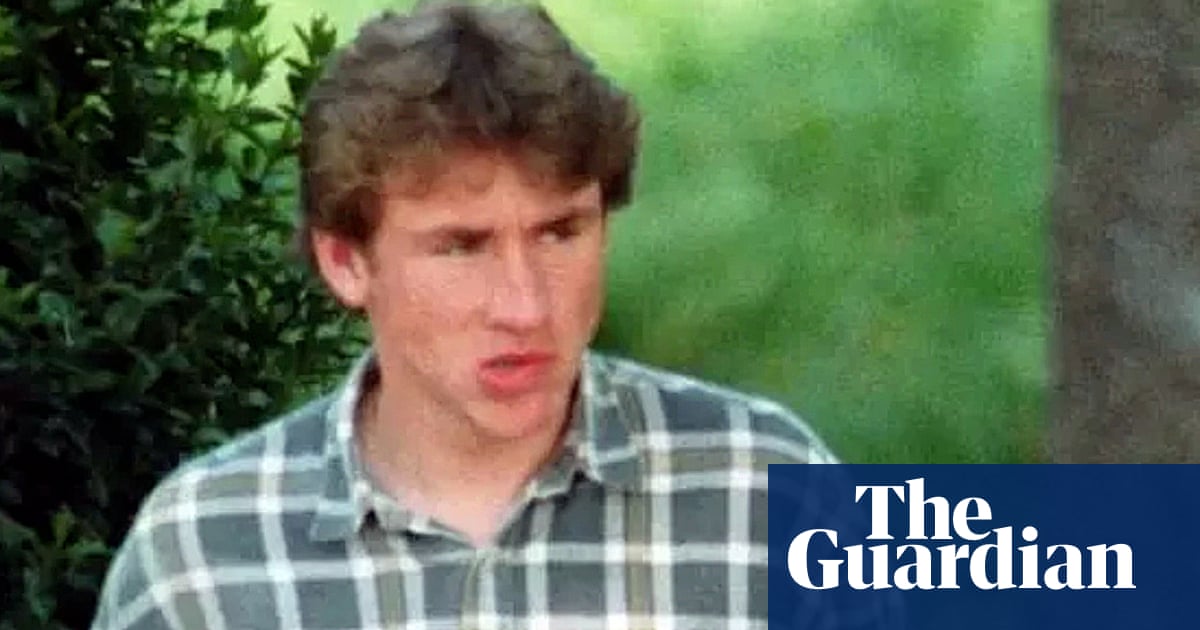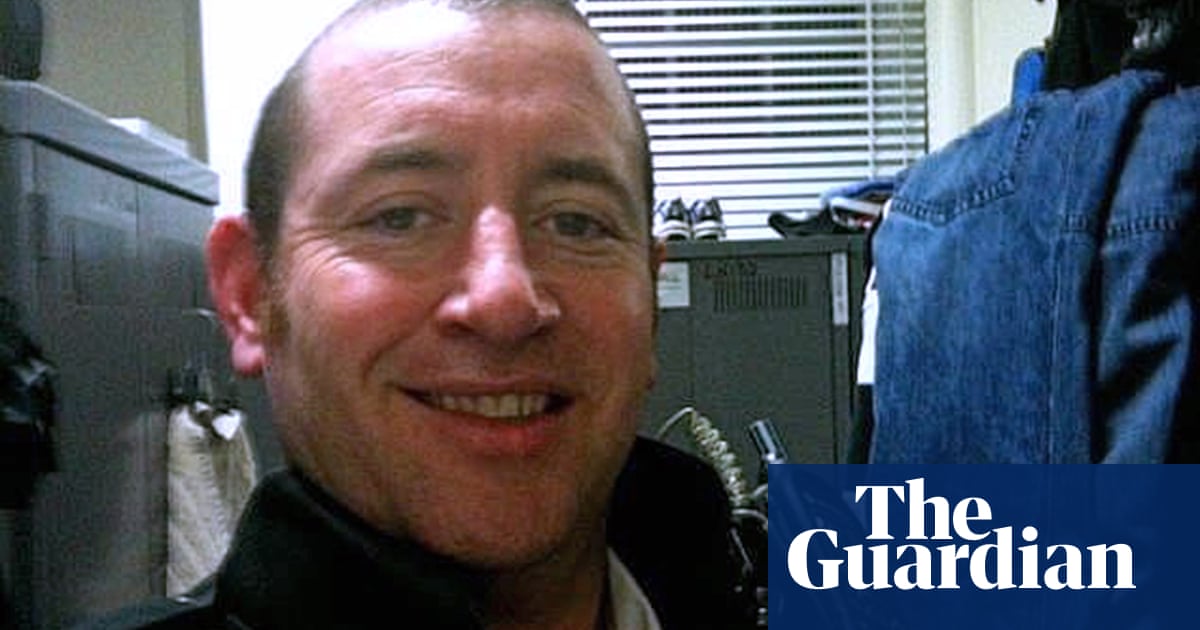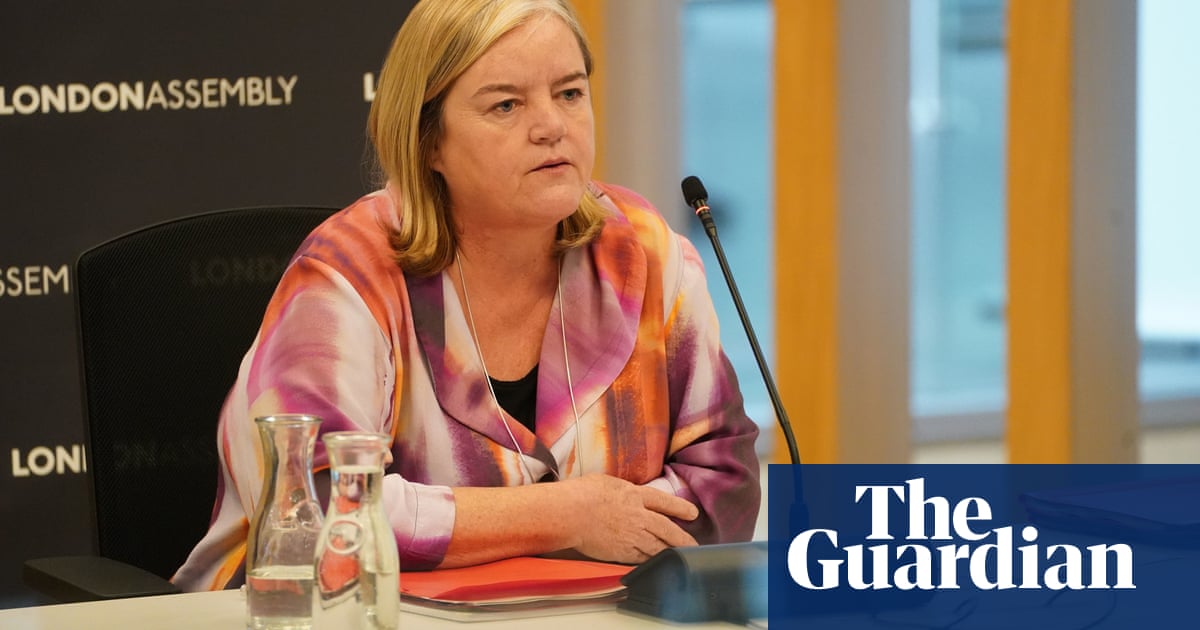
The Metropolitan police were guilty of “institutional homophobia” for repeatedly dismissing fears that the deaths of four young gay men in Barking, east London, could be linked, an inquest heard.
John Pape, a friend of Gabriel Kovari, the serial killer Stephen Port’s second victim, said he tried to help detectives by passing on information he felt could be helpful but they were “unwilling to engage” with him, and did not seem “curious” about the information he had.
Pape let a room to Kovari, 22, for six weeks until shortly before he was found dead in a graveyard from an overdose of the date-rape drug GHB, and said the two had become good friends.
“I think it has been said here that the police were underfunded, and under emotional strain. But I think when grieving families, and boyfriends, and friends, are getting close to the truth and trying to raise the alarm 10 months before the Met are even willing to acknowledge that the deaths are even suspicious, then it can’t be a funding issue,” Pape told jurors.
“The only thing that makes any sense of how disturbingly incompetent this investigation was is prejudice, conscious or unconscious. And in my opinion, if this means the lives and deaths of young gay and bi men aren’t treated with significance and respect, I think that amounts to institutional homophobia.”
By September 2014, Port had murdered Anthony Walgate, 23, Kovari, and Daniel Whitworth, 21. He left a fake suicide note on Whitworth’s body claiming he had accidentally killed Kovari with an overdose of GHB.
Pape was in Facebook contact with Kovari’s former boyfriend Thierry Amodio. Amodio had been told by a “Jon Luck” on Facebook that Whitworth and Kovari were together at an orgy in Barking before their bodies were found in the same graveyard three weeks apart. Luck, it later transpired, was Stephen Port.
Pape said he was alarmed there were “too many unexplained deaths in one area”. “My concerns went beyond what happened to Gabriel and became: is there something happening in Barking that is dangerous to other young gay men?” he said. But police dismissed his concerns, he said.
He said he raised doubts at Kovari’s first inquest over whether he and Daniel even knew each other. Police admitted at the time the only evidence that linked the two was the suicide note – which would later turn out to have been faked by Port, jurors were told.
Pape said he wished there had been an LGBTQ+ liaison officer at Barking he could have contacted, “someone allied to the LGBTQ+ community, someone I felt that had some genuine insight into the issues surrounding this”.
He said he contacted gay charities, the gay press and the campaigner Peter Tatchell to express his concerns, adding: “I didn’t trust the police to link it properly.”
On Port’s arrest, he said, he felt “anger” that he had not been listened to: “I wish I had pushed myself to do more.”
Peter Skelton QC, representing the Metropolitan police service, said officers involved in the case had apologised for the police response but suggested to Pape that “incompetence does not always equate to prejudice”.
Pape replied: “‘You have to ask why are they consistently making so many mistakes. What’s behind it? To my mind, it’s because they just didn’t value those four young men; that it wasn’t worth keeping an open mind and being curious about them.
“I would agree that what happened here was incompetence … but behind that incompetence there has to be a reason why so many people were making such shocking mistakes.”
DC Jackie Baxter, who was appointed as family liaison officer (FLO) to the Kovari family, admitted she did not contact them. “I can only put that down to the workload I was working on. That’s no excuse I know,” she said.
She agreed that she had not “done my job properly by not contacting the family” and apologised to them.
She also accepted she had failed to respond to emails from Pape, or to pass on or follow up on information he provided to her, describing them as “one gentleman’s thoughts”. She also admitted she had erroneously referred to Kovari being from Lithuania rather than Slovakia.
The hearing continues.












